From coal to cemeteries: the top 10 billionaires in South-east Asia and the business empires they helm
More than half hail from Indonesia; several have grown their fortunes in 2025

[SINGAPORE] As South-east Asia races to become the world’s fourth-largest economy, a majority of the region’s top tycoons have grown their fortunes this year.
From self-made billionaires to scions of wealthy families, the movers and shakers of South-east Asia’s industries spearhead vast and varied business empires, from coal mining and cemetery chains to palm oil and electric vehicles (EVs).
More than half hail from Indonesia, the largest and most populous country in the region. Here are the top 10 billionaires who wield the largest fortunes in South-east Asia as at Thursday (Oct 30), according to Bloomberg data:
1. Prajogo Pangestu (Indonesia): Timber king turned energy tycoon
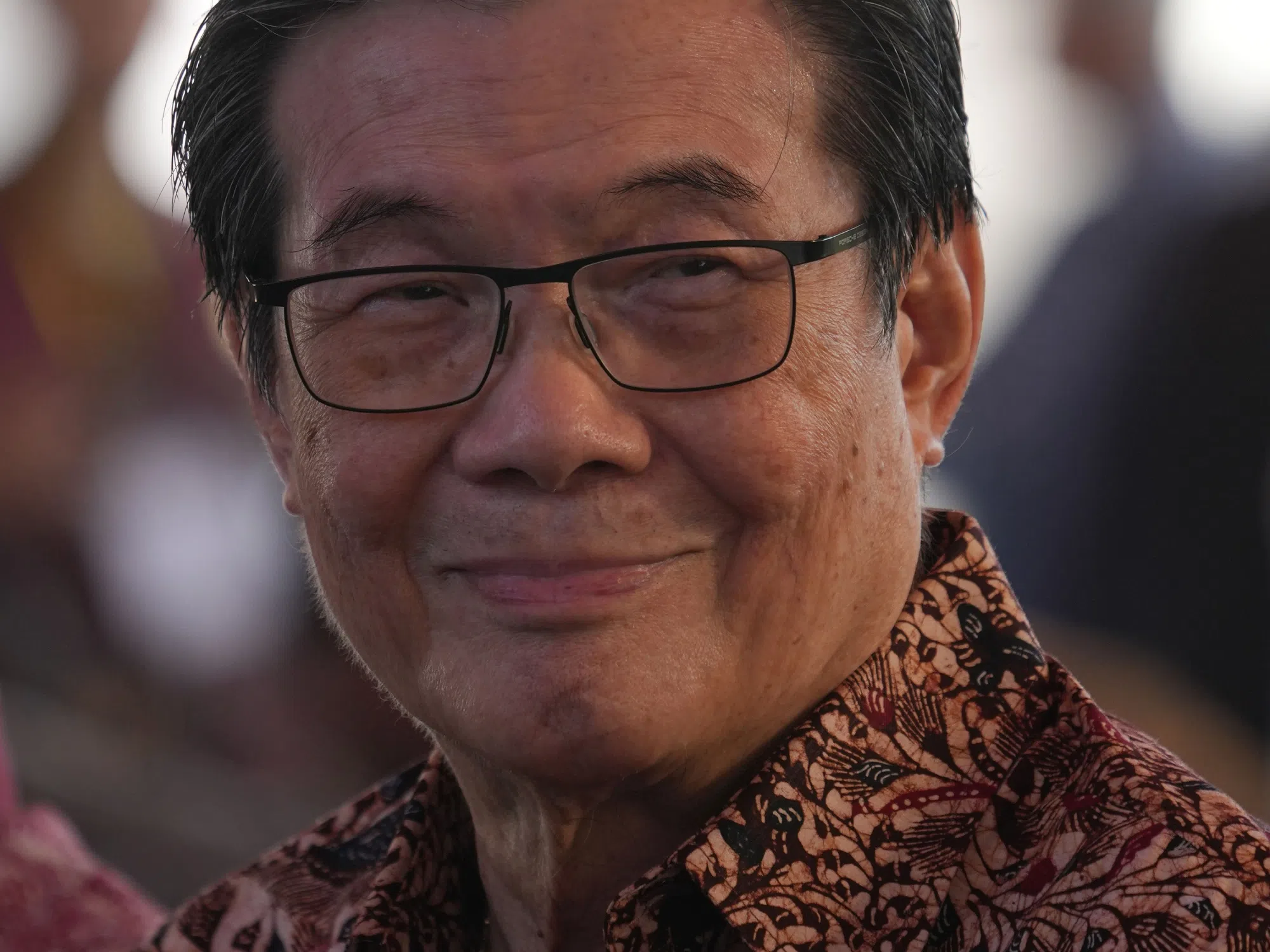
South-east Asia’s richest man, Prajogo Pangestu, is the founder and chairman of Barito Pacific, the largest Indonesian petrochemical firm.
The 81-year-old has widened his lead as Indonesia’s richest man this year, with his fortunes rising US$14.2 billion in the year to date. Data from Forbes shows his net worth of US$43.9 billion nearly doubled that of the country’s second-wealthiest individual, Low Tuck Kwong, in October.
Born in Sambas, Indonesia, as the son of a rubber tapper, Pangestu left school early, working as a transport driver, and selling shrimp paste and slated fish.
Navigate Asia in
a new global order
Get the insights delivered to your inbox.
Before moving to petrochemicals, Pangestu entered the timber business and was known as the “Timber King”. In 1979, he established Barito Pacific Timber, which later diversified into pulp, paper and hospitality, before eventually pivoting its core business to power generation and petrochemical production.
In 2007, the company was renamed Barito Pacific and acquired majority ownership in Chandra Asri Petrochemical, Indonesia’s largest petrochemical company.
2. Low Tuck Kwong (Indonesia): Singapore-born coal magnate and zoo founder
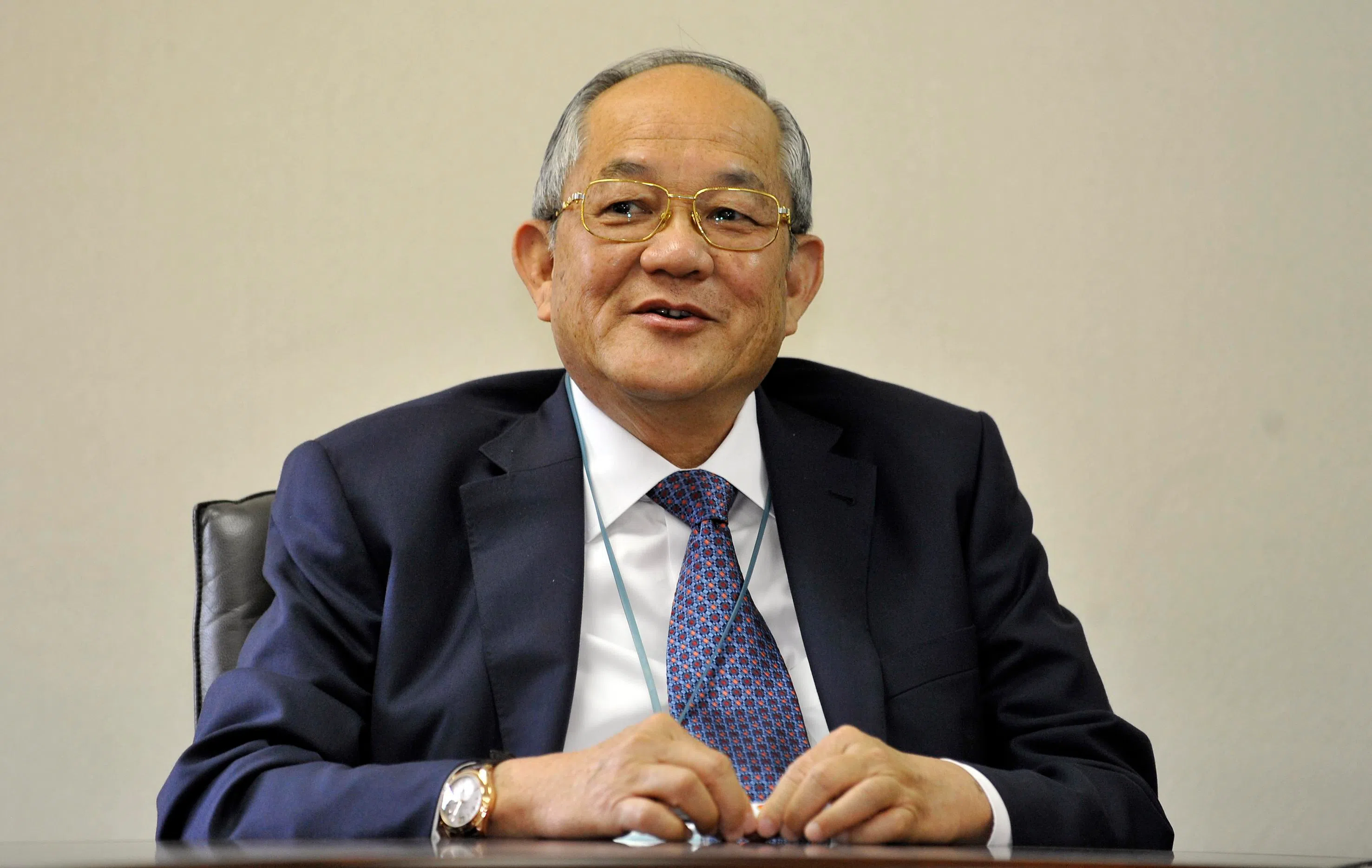
Coal magnate Low Tuck Kwong is the founder of Jakarta-based Bayan Resources, an Indonesian coal producer and port operator.
The second-richest person in South-east Asia previously held Singapore citizenship and once founded a zoo. His US$24.9 billion net worth is down US$3 billion in the year to date.
Born in Singapore in 1948, Low worked in his father’s construction firm and moved to Indonesia in 1972 at the age of 24. There, he founded construction company Jaya Sumpiles Indonesia a year later.
The business expanded into coal mining in 1988 and Low purchased his first coal mine in Kalimantan in 1997. He founded Bayan Resources in 2004; four years later, the company went public on the Indonesian Stock Exchange.
While Low renounced his Singapore citizenship in 1992, he retains ties to the city-state and is the largest shareholder in Metis Energy, a Singapore-based renewable energy group.
The animal lover sponsored the Gunung Bayan Zoo in Kalimantan, which houses exotic species, including peacocks, sun bears and gibbons.
Beyond coal, Low has interests in The Farrer Park Company, the healthcare group behind Farrer Park Hospital. He is the chairman and an investor of SEAX Global, a connectivity solutions provider that is building a submarine sea-cable system linking Singapore, Indonesia and Malaysia for Internet connectivity.
3. Manuel Villar (Philippines): Cemetery chain billionaire and former senator
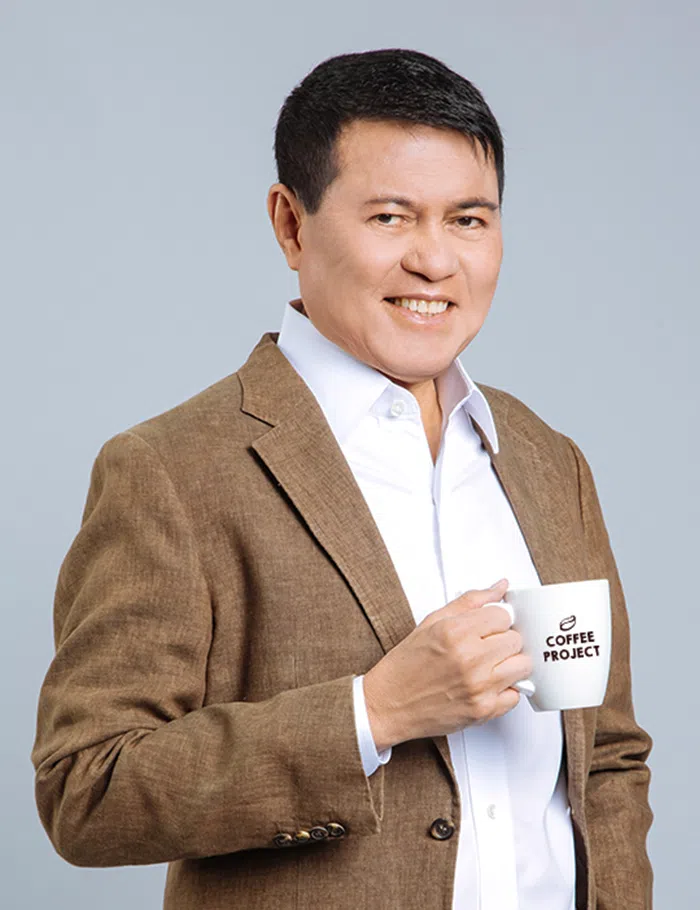
Real estate billionaire and former politician Manuel Villar is South-east Asia’s third-richest person. His US$22.6 billion net worth, which has grown US$47.9 million in the year to date, makes him the wealthiest man in the Philippines, where he was a senator for more than a decade.
Most of his fortune stems from his majority stake in Golden MV Holdings, the property and death-care services provider he founded in 1982. The company runs one of the Philippines’ largest chains of cemeteries and memorial parks – a big business in the country.
Villar is also the founder and chairman of Philippine Stock Exchange (PSE)-listed property developer Vista Land & Lifescapes, which engages in residential and commercial real estate projects spanning condominiums, hotels and malls.
The retired lawmaker was senate president in the Philippines from 2006 to 2008 and unsuccessfully ran for presidency in 2010.
His business empire came under scrutiny after he transferred a land parcel from one part of his group to another, and announced that its value had skyrocketed to US$23.3 billion from US$93 million, sparking a probe into the staggering and unexplained value gain.
Villar has also ventured into the media business and owns the broadcasting company Advanced Media Broadcasting System. He is said to be an ally of former president Rodrigo Duterte.
4. Sukanto Tanoto (Indonesia): Multi-sector resources tycoon
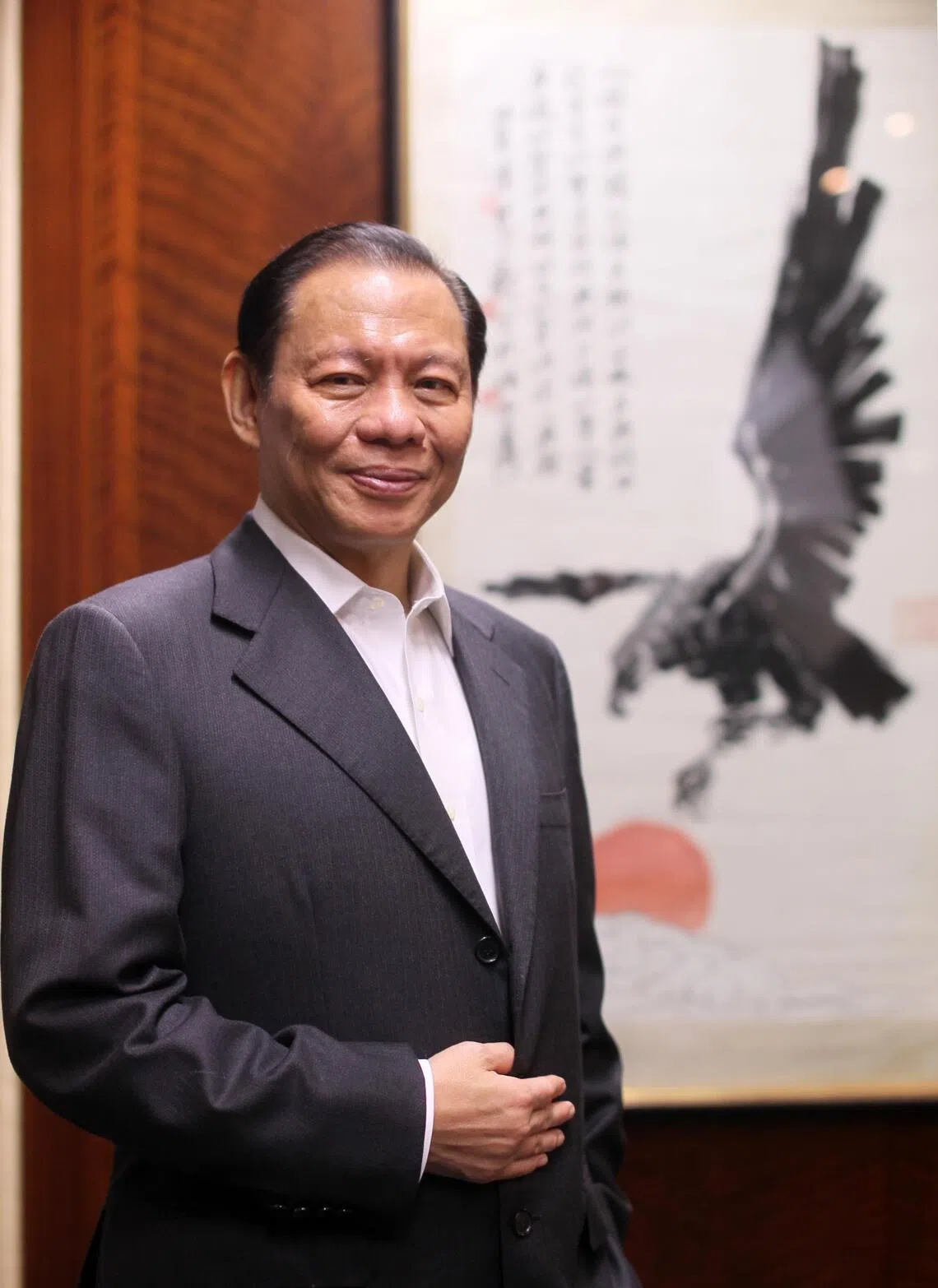
Sukanto Tanoto is the founder of manufacturing conglomerate Royal Golden Eagle (RGE). The Singapore-based group has businesses spanning energy, palm oil, textile and timber.
Tanoto resides in Singapore and has a US$21 billion net worth, making him South-east Asia’s fourth-richest person. His net worth is up US$577.3 million in the year to date.
According to Bloomberg, Tanoto’s wealth comprises his viscose business Sateri (US$3.3 billion in revenue for 2023); his forestry company April (US$1.2 billion in revenue for 2024); his palm oil trading business Apical (US$5.9 billion revenue in 2024); his tissue-maker Vinda (valued at US$3.6 billion using its 2024 acquisition cost), among other items.
Born in 1949 to Chinese immigrants from Fujian, Tanoto joined his father’s small oil and construction business at the age of 17 after his Chinese school in Indonesia was forcibly shuttered. When his father died, he took over the business, which flourished in the 1970s amid an oil price shock.
In 1979, Tanoto began planting palm oil in Indonesia after witnessing the industry’s success in neighbouring Malaysia.
RGE has come under fire from non-profit groups including Greenpeace over environmental issues. In 2015, it pledged to eliminate deforestation from its supply chain in its sustainability policy.
5. Robert Kuok (Malaysia): Sugar king and schoolmate of Lee Kuan Yew
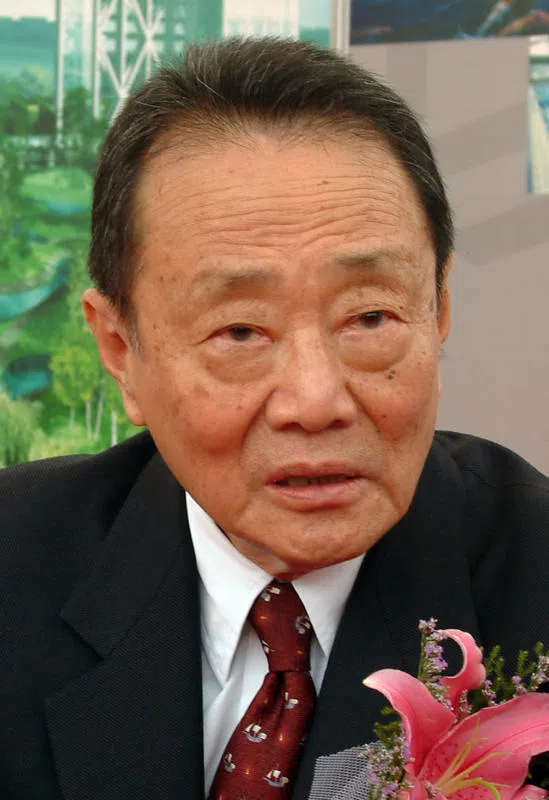
Robert Kuok is the owner of the Kuok Group, which comprises Wilmar International, the world’s largest palm oil refiner, and the Shangri-La chain of hotels.
Kuok is also the richest man in Malaysia, a position he has held for more than one-fifth of his life. He also once reigned as South-east Asia’s wealthiest, though he now stands in fifth place.
The Johor-born centenarian is the patriarch of a sprawling business empire that spans hospitality, shipping, real estate, logistics and palm oil. His US$20.9 billion net worth has risen US$3.5 billion in the year to date.
The bulk of his wealth comes from assets held through a network of vehicles, including Kuok (Singapore), Kuok Brothers in Malaysia and the Hong Kong-based conglomerate Kerry Group.
Known as Asia’s “Sugar King”, Kuok’s early business ventures began in the trading of rice, sugar and flour. Bloomberg data shows he once controlled a tenth of the world’s sugar market.
Born in 1923, Kuok attended school at Raffles College in pre-war Singapore. There, he met Singapore’s late founding prime minister Lee Kuan Yew in 1941, when both were students.
6. Robert Budi Hartono; 8. Michael Bambang Hartono (Indonesia): Tobacco tycoon brothers
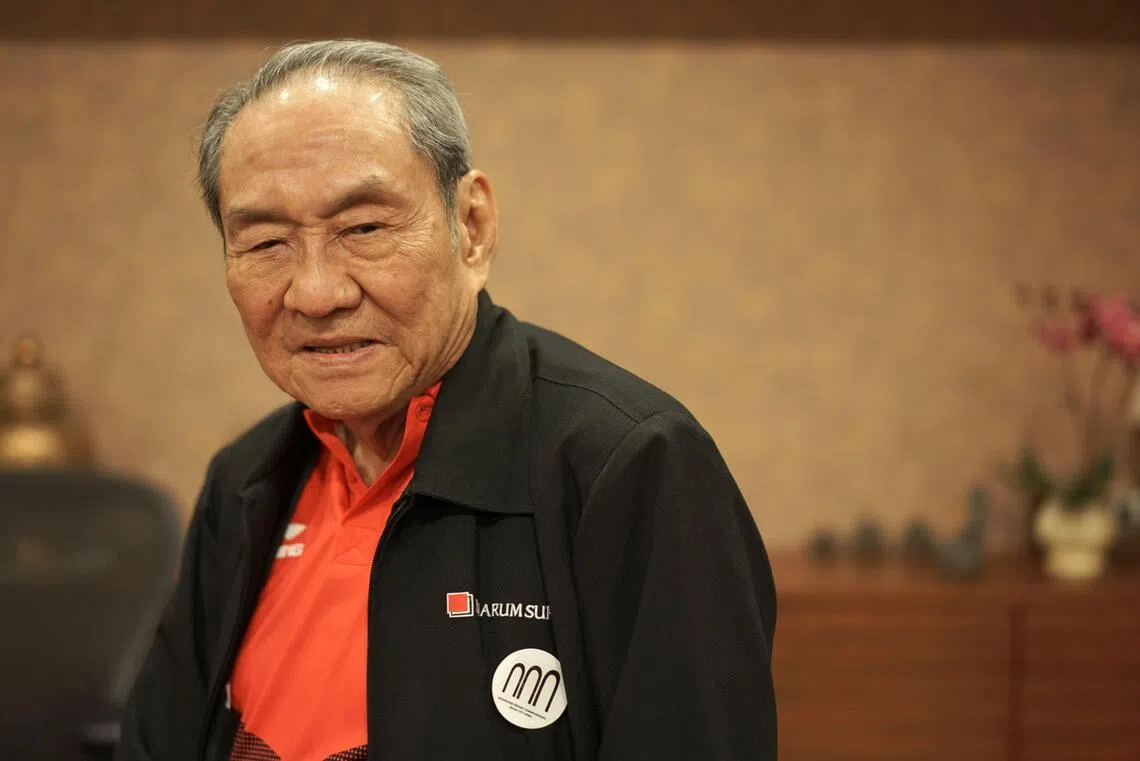
Tobacco tycoon siblings Robert Budi and Michael Bambang Hartono are South-east Asia’s sixth- and eighth-richest individuals, respectively.
They are co-owners of the Djarum Group, which produces about 14 per cent of cigarettes manufactured in Indonesia.
A large part of their fortune also comes from their stake in Bank Central Asia (BCA), Indonesia’s largest bank, which had revenue of 108.3 trillion rupiah in 2024. Collectively, they hold a stake of about 57 per cent in BCA, making them its largest shareholders.
The Hartonos acquired their BCA stake after another wealthy Indonesian family – the Salims – lost control of the lender during the Asian financial crisis.
In the year to date, Robert Budi Hartono’s US$20.2 billion net worth has fallen by US$2.4 billion; Michael Bambang Hartono’s US$18.6 billion net worth is also down US$2.4 billion.
Beyond tobacco and banking, the brothers’ business empire spans real estate, e-commerce and electric vehicles.
7. Pham Nhat Vuong (Vietnam): Maths whizz turned real estate billionaire
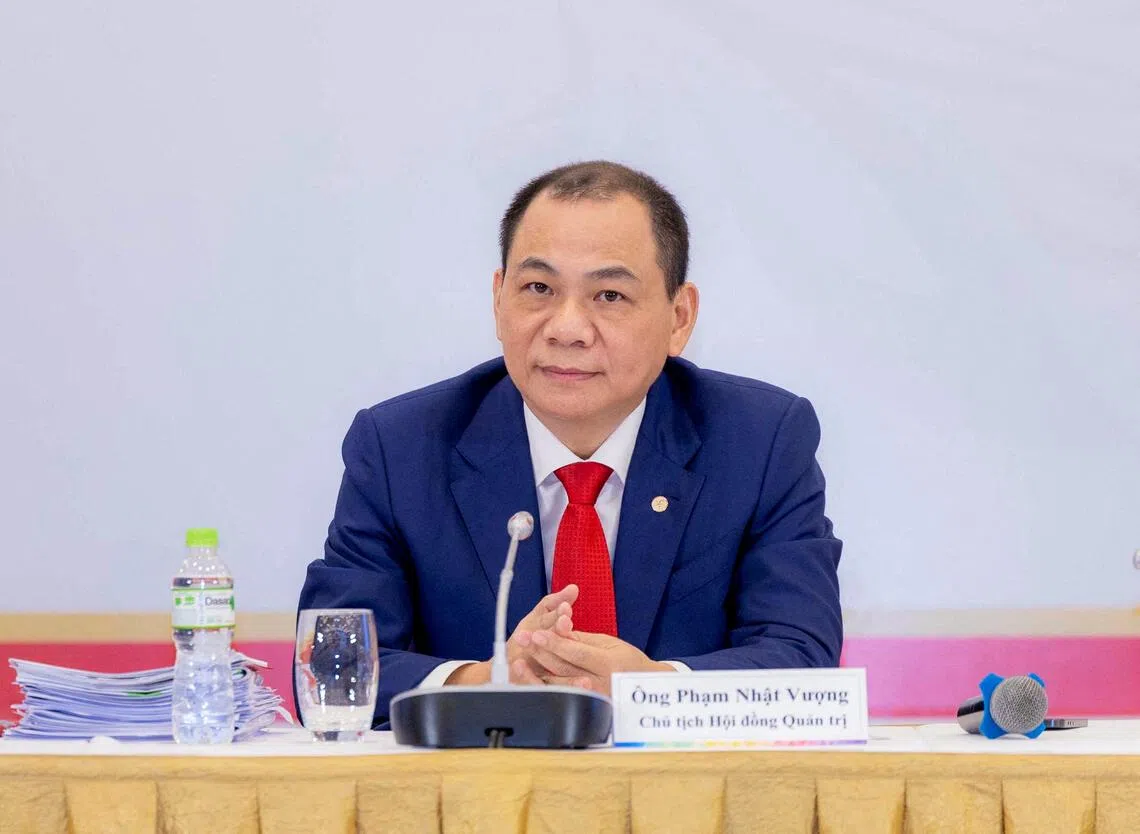
Vietnamese property tycoon Pham Nhat Vuong is the founder and chairman of Vingroup, a Hanoi-based conglomerate with interests in real estate, retail, carmaking and healthcare.
His net worth of US$19 billion has risen US$13.6 billion in the year to date, making him the region’s seventh-richest person.
Born in Hanoi in 1968, Vuong came from humble origins. His aptitude for mathematics earned him a scholarship to study engineering at the Moscow Geology University in Russia.
After the Soviet Union collapsed, Vuong moved to Ukraine, where he set up Technocom, a producer of dehydrated food products such as mashed potatoes and instant noodles.
He became a billionaire in 2010 after selling the company – which had a US$100 million revenue at the time – to Nestle.
Vuong has ventured into the competitive EV market with his Nasdaq-listed electric carmaker VinFast. After an unsuccessful attempt to turn VinFast into a major player in the US and Europe, he has pivoted the focus to Asian markets such as India, Indonesia and the Philippines. He has said that he is willing to keep the loss-making EV maker afloat until his money runs out.
9. Anthoni Salim (Indonesia): Billionaire behind Indomie
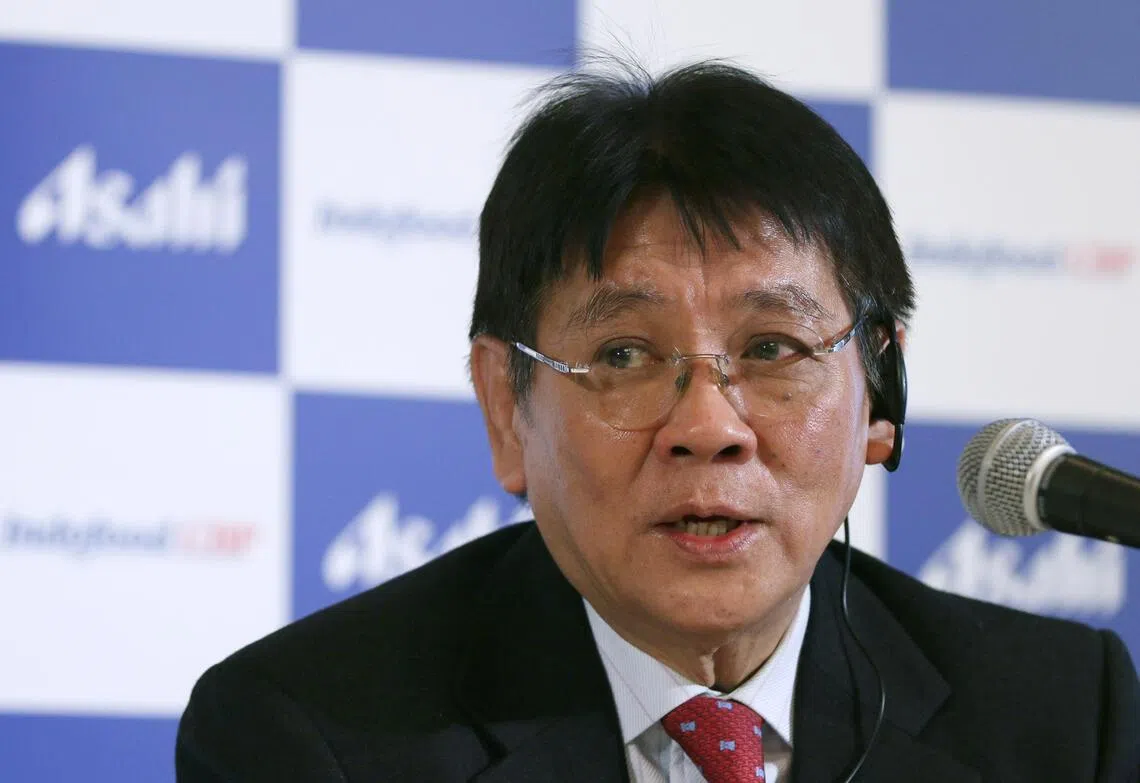
Indonesian tycoon Anthoni Salim leads the Salim Group – the multi-sector conglomerate behind Indomie that was a former investor in embattled water treatment firm Hyflux.
The net worth of South-east Asia’s ninth-richest person has risen US$3.3 billion in the year to date, coming up to US$16.2 billion.
He is the youngest son of the late Sudono Salim, an Indonesian Chinese businessman and close associate of the country’s former president Suharto. The elder Salim, also known as Lim Sioe Liong, built the Salim Group into one of the largest conglomerates in South-east Asia under Suharto’s 32-year reign.
Before the Asian financial crisis, the Salim Group owned BCA, businesses in car manufacturing, TV broadcasting and petrochemicals, as well as Indonesia’s biggest cement plant and flour mills.
Anthoni Salim took over the reins of the business as CEO in 1992 and steered it through a near-brush with bankruptcy, when it faced backlash after Suharto’s fall in 1998 and lost billions in assets.
Anthoni Salim fled to Singapore in 1998 after rioters set fire to his home. Notably, he had to surrender control of BCA to the Indonesian government and turn over stakes in dozens of companies.
Today, the Salim Group’s business interests span food, retail, banking, telecommunication and energy.
10. Li Xiting (Singapore): Researcher turned medical manufacturing billionaire
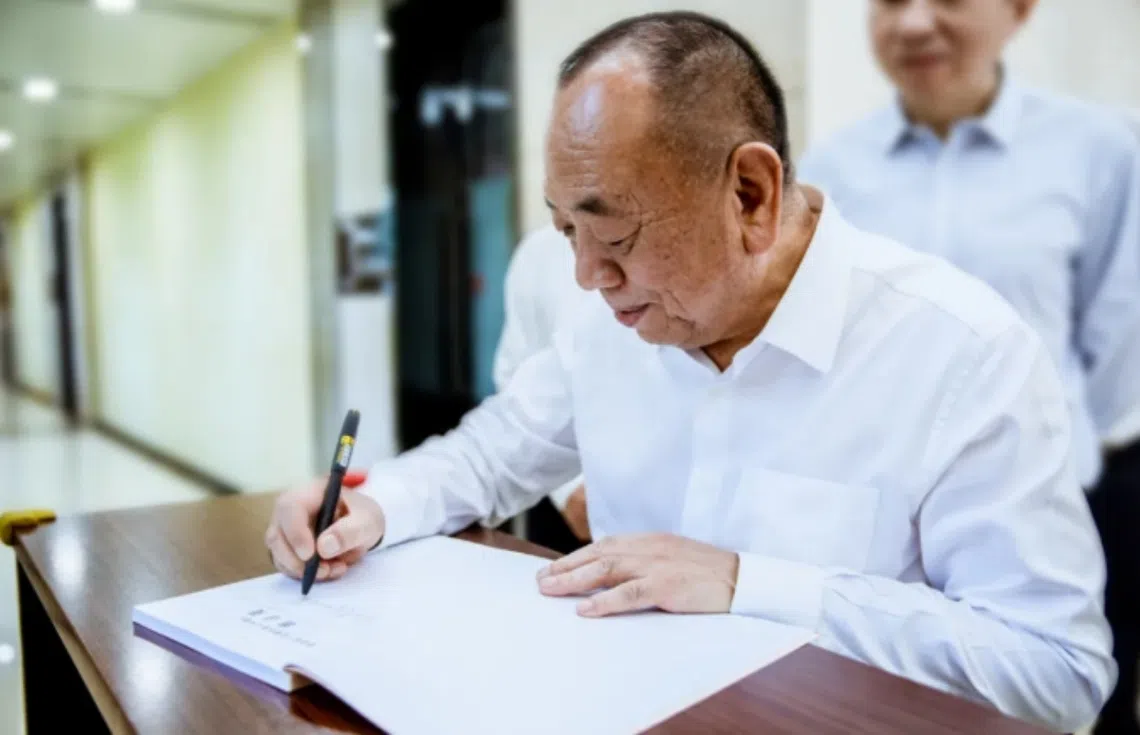
Rounding out the top 10 richest in South-east Asia is Li Xiting, the chairman of China’s top medical device maker Shenzhen Mindray Bio-Medical Electronics.
He owns a 28 per cent stake in the Shenzhen-listed company, which pulled in a revenue of 36.7 billion yuan (S$6.7 billion) in 2024. The company engages in the research and development, manufacturing and sale of household products and medical equipment.
Born in 1951, Li holds a bachelor in low-temperature physics from the University of Science and Technology in China. He worked as a researcher, assisting scholars at institutes across Wuhan, China, and France between 1976 and 1987.
In 1991, he started Shenzhen Mindray with business partners. The company began trading publicly on the New York Stock Exchange in 2006, before a consortium took it private a decade later. It was relisted on the Shenzhen Stock Exchange in 2018.
Li has a net worth of S$13.5 billion, which is down by S$538.1 million in the year to date. Bloomberg reported that Shenzhen Mindray is reportedly eyeing a US$1 billion second listing in Hong Kong.
*Note on methodology used to calculate net worth figures: The Bloomberg Billionaires Index is a daily ranking of the world’s richest people. In calculating net worth, Bloomberg News strives to provide the most transparent calculations available, and each individual billionaire profile contains a detailed analysis of how that person’s fortune is tallied. The index is a dynamic measure of personal wealth based on changes in markets, the economy and Bloomberg reporting. Each net worth figure is updated every business day after the close of trading in New York. Stakes in publicly traded companies are valued using the share’s most recent closing price. Valuations are converted to US dollars at current exchange rates.
Decoding Asia newsletter: your guide to navigating Asia in a new global order. Sign up here to get Decoding Asia newsletter. Delivered to your inbox. Free.
Copyright SPH Media. All rights reserved.

